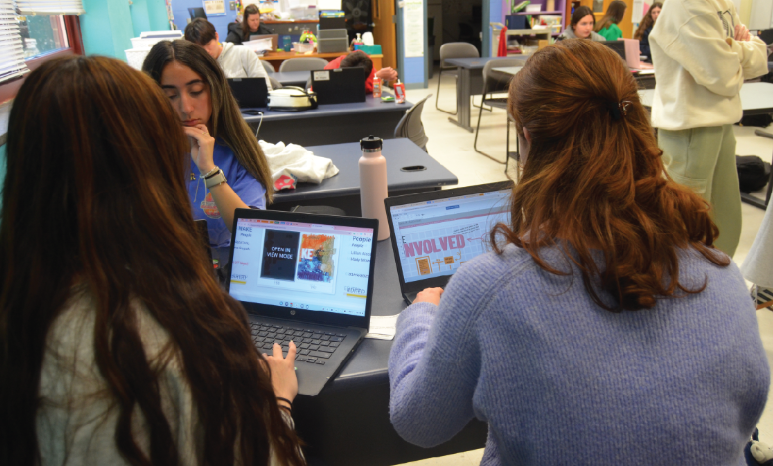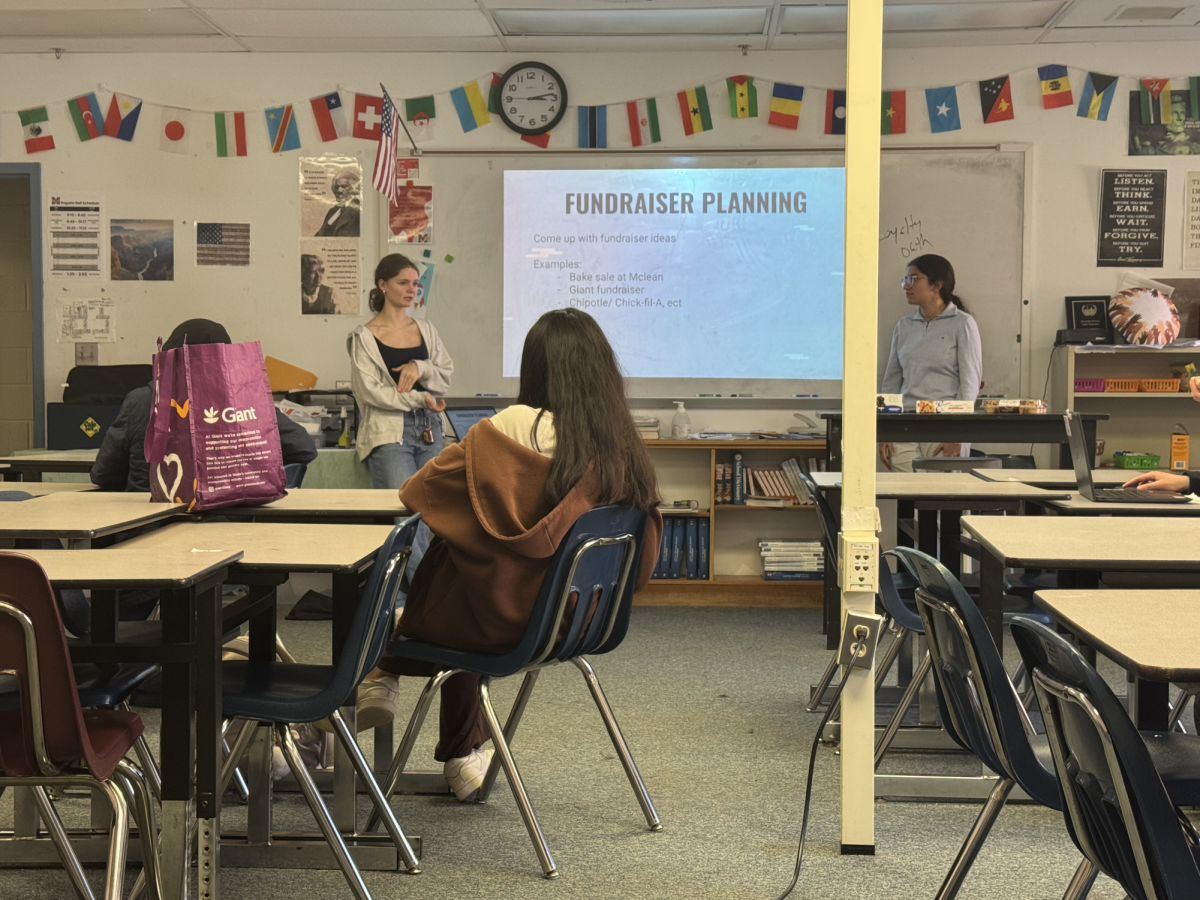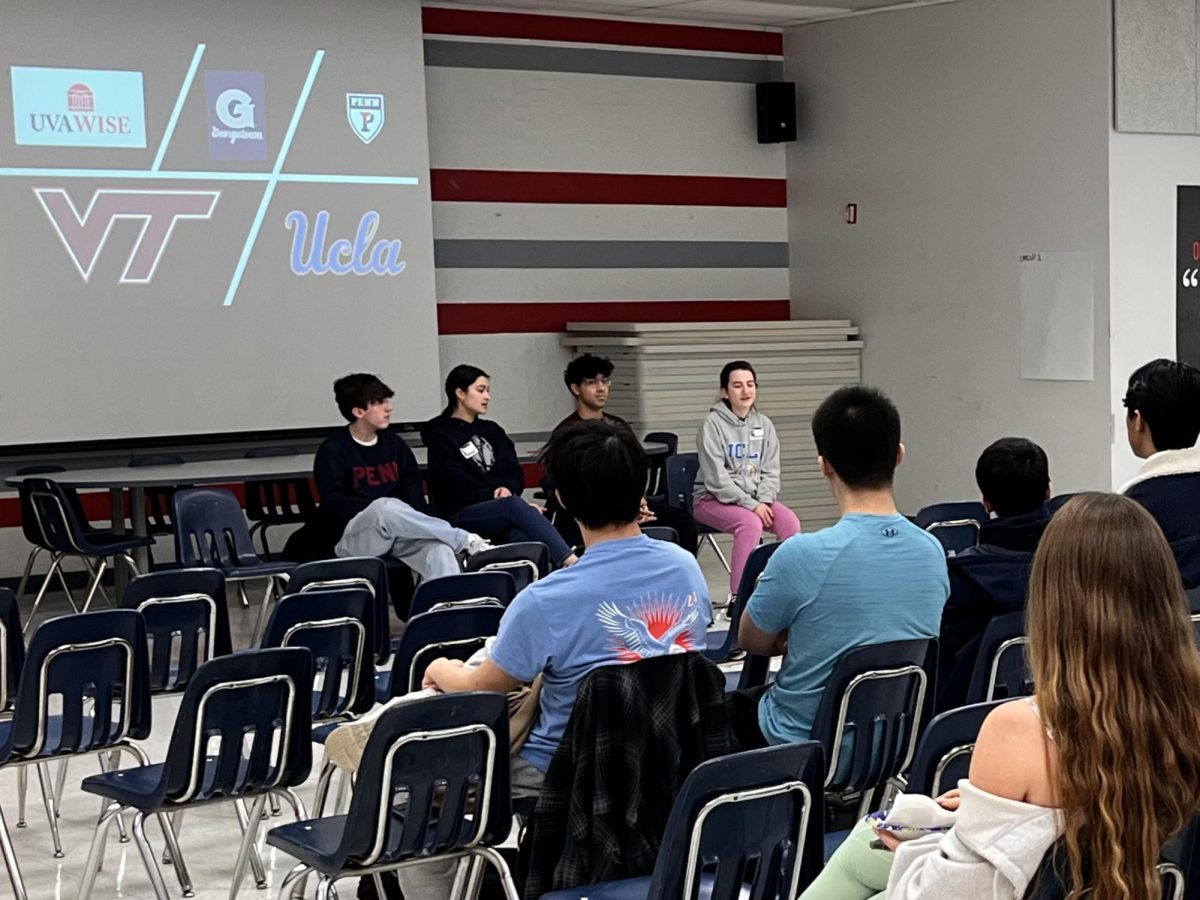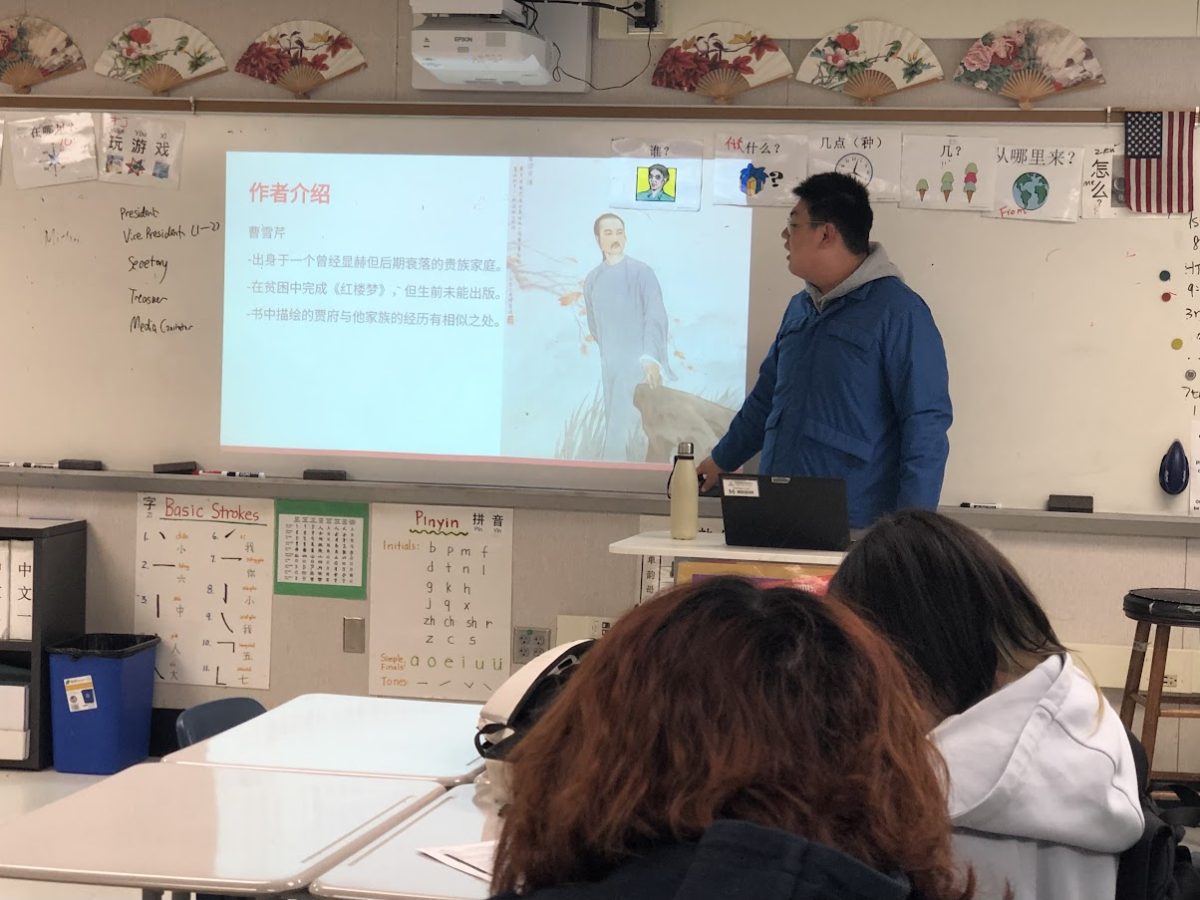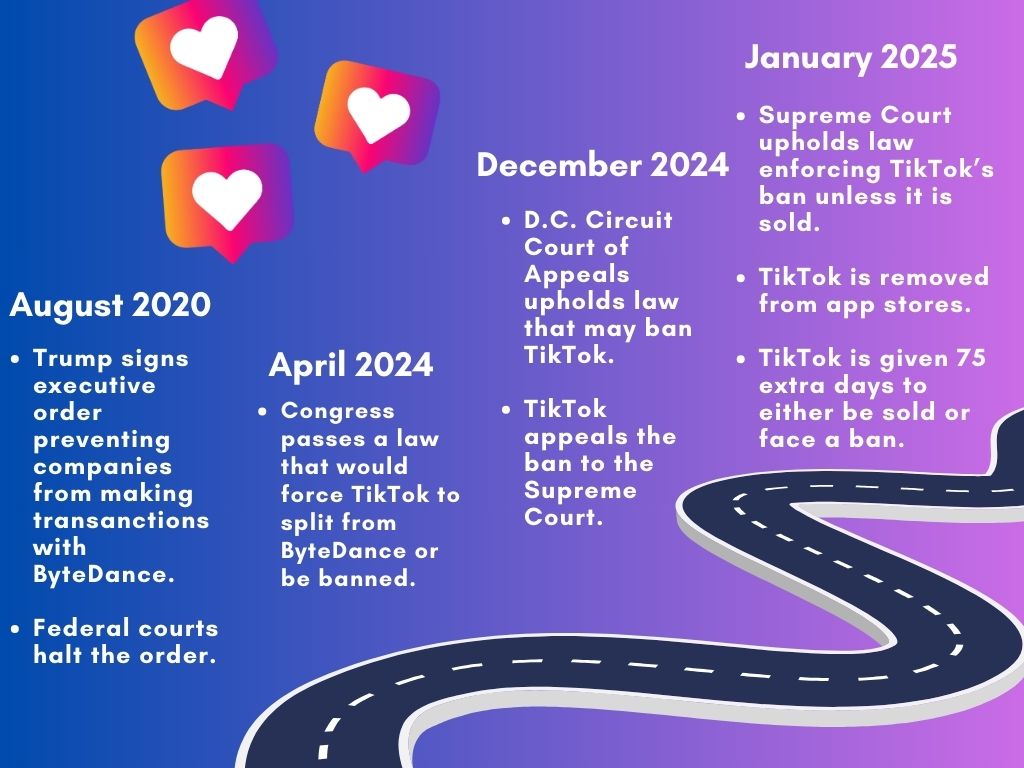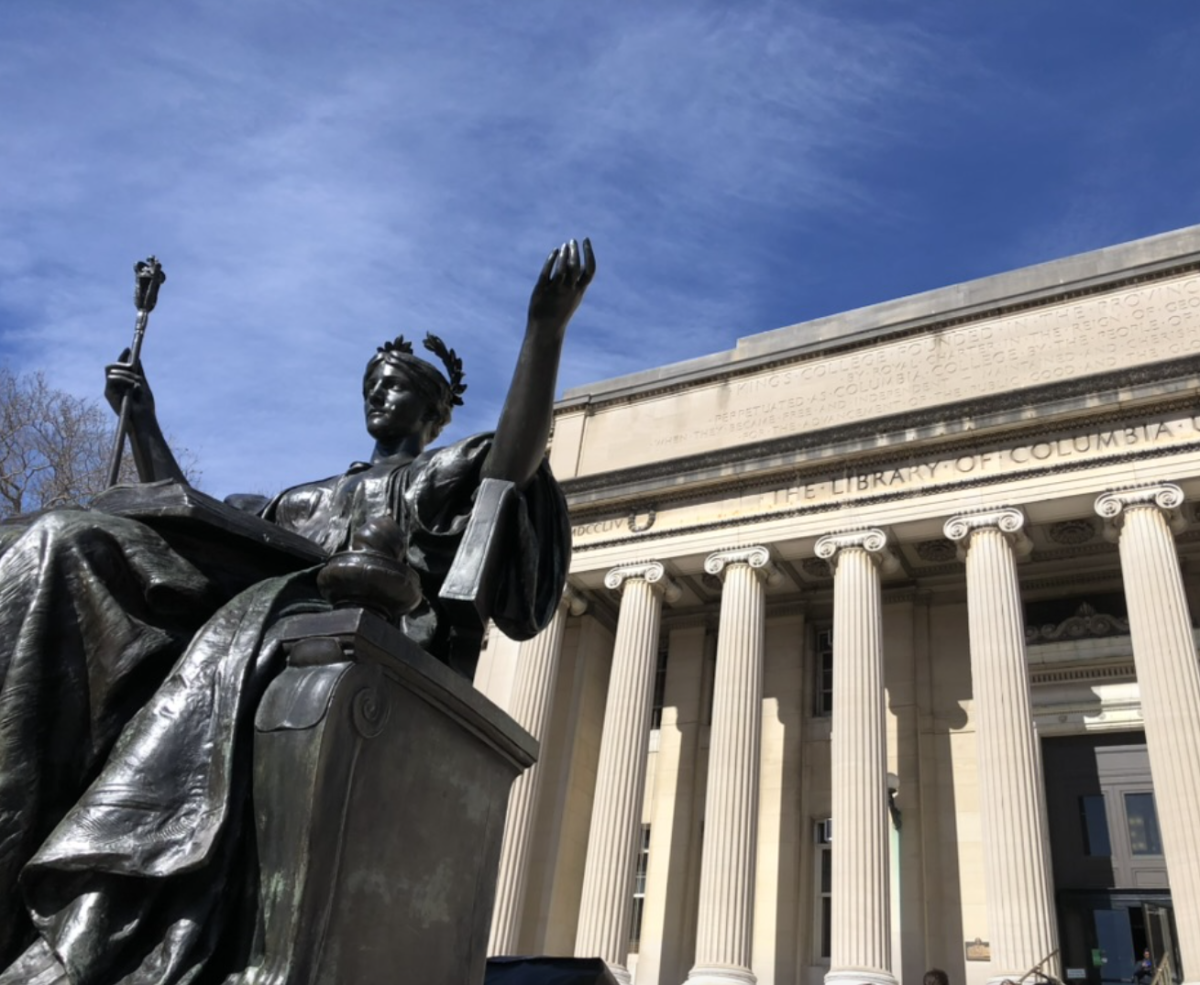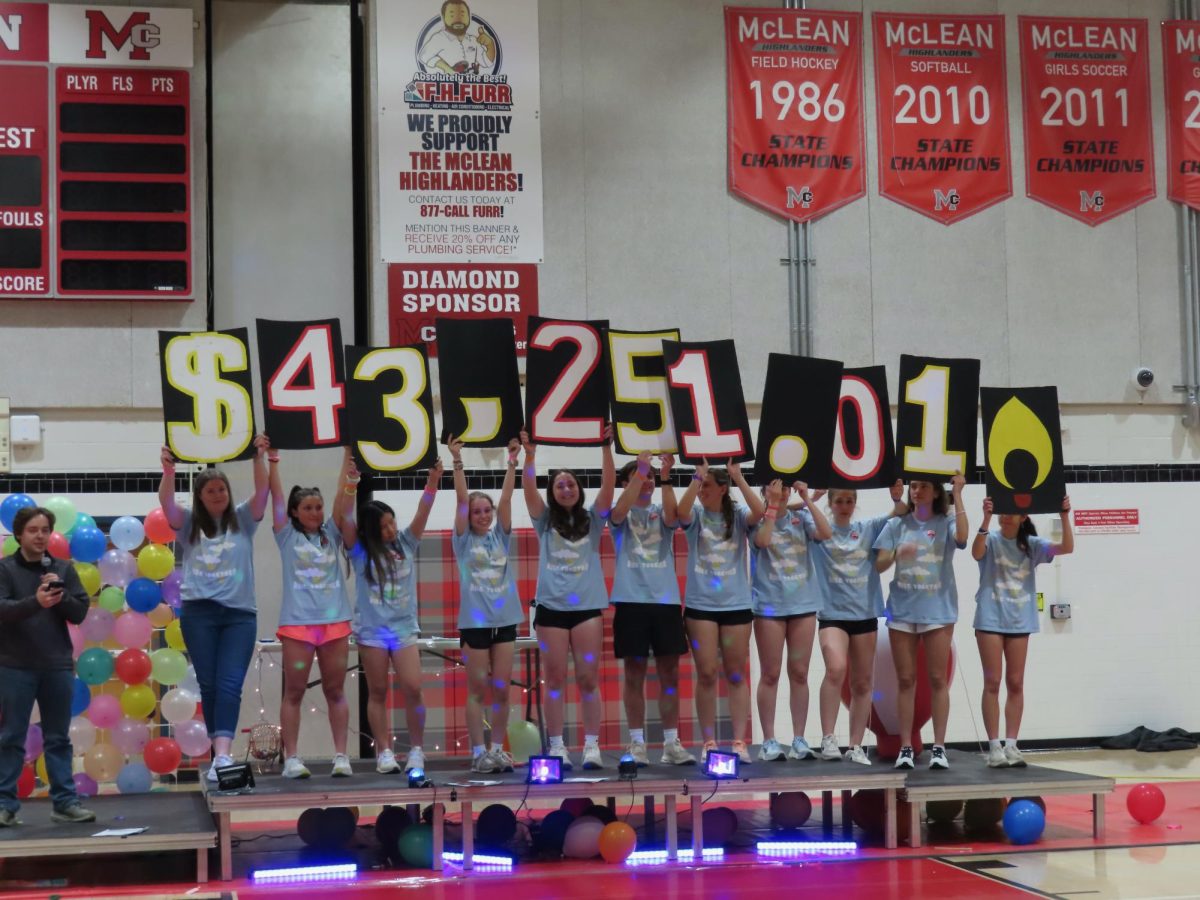After having high hopes for the New Voices Legislation as it advanced in the Virginia Education Subcommittee on Jan. 29, high school journalists and advisors face challenges again as the New Voices Bill is amended on Feb. 3 to only include college students.
New Voices bill, or HB 36 was proposed to protect secondary and college student reporters from censorship, helping students to exercise their First Amendment rights even though in school. Advisors would also avoid losing their position due to controversial articles published under the bill.
After the amendment excluded middle and high school students, Virginia Association for Journalism Teachers and Advisors (VAJTA) withdrew their endorsement of the bill.
“I was really angry and really frustrated [when the amendment was passed],” said Erinn Harris, journalism advisor at Thomas Jefferson High School for Science and Technology and member VAJTA. “It just felt like that the people who voted to pass the amendments were discounting high school students and their voices, and that they weren’t really understanding what the bill was trying to do and they weren’t listening to what high school students and advisors had to say.”
One of the main objections the bill received was that middle and high school students are not mature enough to write and read about controversial topics, so school administration has the responsibility to decide on if certain sensitive articles should be published. However, Harris thinks otherwise as she works with high school reporters on a daily basis.
“High school students are definitely mature enough both to read about and write about controversial topics,” Harris said. “They’re already hearing about these controversial topics on social media and in professional press, newspapers and newscasts, and that the idea that not covering them in a student publication will somehow shelter them from those topics is ludicrous.”
Furthermore, Harris clarified some misunderstanding of New Voices as many assumed that high school students could bypass journalistic ethics under the bill.
“New voices legislation wouldn’t give high school students free rein to do whatever they want,” Harris said. “They still have to avoid libel and slander and topics that would create a material or just substantial disruption.”
Previously, journalism teachers and students organized trips to lobby in Richmond in favor of New Voices. TJ junior Pratika Katiyar even testified on Jan. 29
before the Post-secondary and Higher Education Committee. Harris suggested that despite the setback from amendment, students should continue to voice their opinions and defend for the rights of high school reporters and their advisors.
“When you see articles that are discussing the legislation, write a letter to the editor, write emails to your delegates and to your senators letting them know how you feel about the fact that you are no longer covered in this particular legislation,” Harris said. “Talk to your parents about why this is important to you and see if you can convince your parents to write to delegates and senators”



